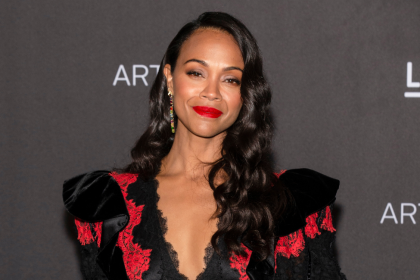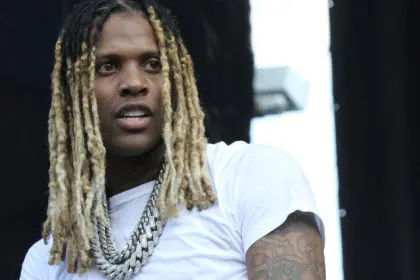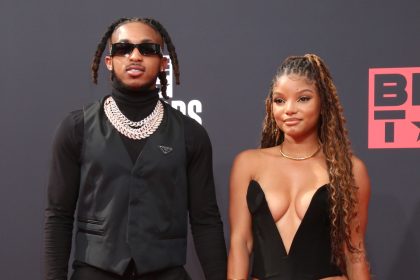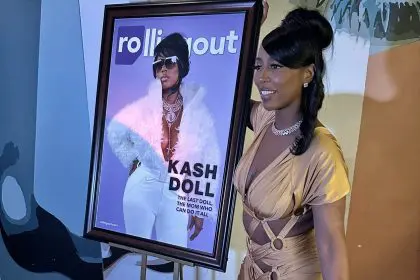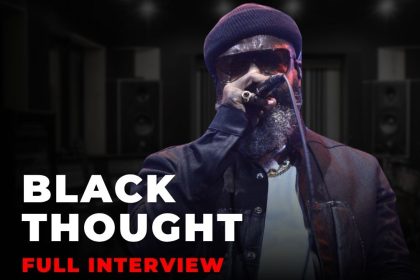A candid conversation on the podcast “Therapuss with Jake Shane” recently revealed significant insights into how one of music’s most prominent voices handles the psychological impact of fame. Grammy-winning artist Lizzo shared her personal journey with anxiety and the considerable toll that online interactions have taken on her emotional wellbeing during this intimate discussion.
Lizzo widely celebrated for her empowering messages and advocacy for body acceptance, disclosed that she made a pivotal decision two years ago to completely disengage from reading comments across her social media platforms. This choice represented a fundamental shift in how she interacts with her audience and protects her mental health.
During the conversation, Lizzo articulated an important perspective that challenges common assumptions about internet fame, noting that viral attention is not universally beneficial. This observation reflects growing concerns among public figures regarding the nature and impact of online engagement in their lives.
Anxiety experiences reveal deeper struggle with public scrutiny
The discussion provided rare insight into the genuine emotional challenges faced by celebrities in the digital age. Lizzo described experiencing anxiety attacks triggered by viral moments online, illuminating the severe psychological impact that seemingly casual internet interactions can have on public figures.
She explained her current approach to social media as deliberately isolated, effectively creating a protective bubble around herself. This self-protective measure allows her to continue engaging with fans without exposing herself to potentially harmful content that could impact her mental stability.
This revelation highlights the difficult reality many entertainers face: maintaining public personas while simultaneously protecting their psychological wellbeing from the constant scrutiny and often harsh judgment that accompanies fame in the social media era.
Deceptive social trends amplify negative online experiences
During the podcast conversation, Lizzo specifically identified certain problematic social media behaviors that contribute to psychological harm. She pointed to the emergence of what she termed backhanded compliments, on platforms like TikTok, where users disguise critical or hurtful comments with positive imagery or language.
This trend represents a particularly insidious form of online criticism, as it creates confusion between genuine support and disguised insults. The ambiguity makes these interactions especially difficult to process emotionally, creating additional stress for those already navigating public scrutiny.
Such patterns demonstrate how social media platforms can foster environments where negativity becomes normalized through creative repackaging, making it harder for public figures to distinguish between constructive feedback and harmful criticism.
Deliberate disconnection creates unexpected freedom
The musician described her experience of stepping away from reading comments as profoundly liberating. This sentiment reveals the significant psychological burden that constant exposure to public opinion places on celebrities and public figures.
For Lizzo, who has built a career around messages of self-acceptance and authenticity, the decision to disengage from the constant stream of public opinion represents an important act of self-preservation. By creating distance between herself and the immediate reactions of online audiences, she has prioritized her emotional stability over the momentary validation that social media engagement can provide.
This experience raises important questions about the sustainability of current social media dynamics, particularly for public figures who face disproportionate scrutiny based on factors like their physical appearance, gender, or race.
Question emerges about broader celebrity mental health strategies
The artist’s disclosure naturally leads to a broader consideration of whether other public figures might benefit from similar boundaries. As mental health awareness grows across society, many celebrities find themselves at a crossroads between maintaining accessibility to fans and protecting their psychological wellbeing.
The pressure to maintain constant public engagement while simultaneously processing the often harsh feedback that accompanies visibility presents a particularly challenging dilemma. This struggle can be especially pronounced for individuals from marginalized communities, who often face additional layers of criticism and scrutiny in public spaces.
Lizzo’s approach offers one potential model for navigating this complex terrain, suggesting that creating selective boundaries around certain aspects of social media engagement might provide a sustainable middle path for public figures.
Cultural significance extends beyond individual experience
The conversation holds particular resonance within specific communities where discussions about mental health have historically been stigmatized. As a prominent Black woman in entertainment, Lizzo’s willingness to discuss her anxiety and mental health challenges openly contributes to important ongoing efforts to normalize these conversations.
By sharing her experiences, the artist helps create space for broader discussions about psychological wellbeing, particularly among communities where such topics have traditionally been considered taboo or viewed as signs of personal weakness rather than legitimate health concerns.
This cultural impact extends beyond her individual experience, potentially encouraging others to consider their own relationship with social media and to recognize when online engagement might be negatively affecting their mental health.
Prioritizing wellbeing represents evolving approach to fame
Lizzo’s experience serves as a compelling reminder about the importance of mental health preservation, particularly for those navigating public scrutiny. Her continued advocacy for self-acceptance while simultaneously creating boundaries that protect her own wellbeing demonstrates an evolving approach to celebrity in the digital age.
In an era where social media often amplifies negativity and controversy, the deliberate choice to step back from certain forms of engagement represents an important act of self-care. For public figures across entertainment, sports, and politics, finding sustainable ways to maintain connections with audiences while protecting their mental health remains an ongoing challenge.
The conversation highlights how taking strategic distance from digital noise can lead to improved psychological wellbeing without necessarily sacrificing authentic connection with supporters. As discussions about mental health continue to evolve, particularly within communities where such conversations have been historically limited, these insights offer valuable perspectives on navigating fame in healthier ways.



